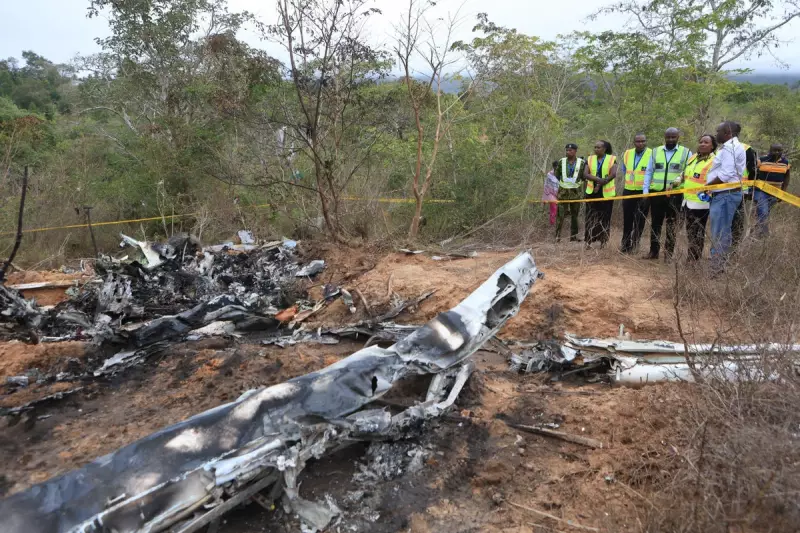
Hungary has launched a blistering attack on Germany, accusing its European partner of "colonial thinking" and inappropriate meddling in Kenya's energy affairs. The extraordinary diplomatic confrontation erupted during a press briefing in Budapest on Thursday.
Gas Deal Sparks Diplomatic Firestorm
At the heart of the dispute lies a significant energy partnership between Hungary and Kenya. Foreign Minister Péter Szijjarto revealed that German representatives had directly approached Kenyan officials, questioning Budapest's involvement in Kenya's burgeoning gas sector.
"We consider it a colonialist approach that a European country turns to a sovereign African country and tells them who they can and cannot cooperate with," Mr Szijjarto stated with visible frustration during the press conference.
Hungary's African Energy Strategy
The Hungarian minister defended his country's expanding energy cooperation with Kenya, emphasising its strategic importance. "We are working to extract and purchase natural gas from Kenya," he confirmed, highlighting the mutual benefits of the partnership.
This African initiative forms part of Hungary's broader strategy to diversify its energy sources beyond traditional Russian supplies. The government has been actively pursuing alternative energy partnerships across the continent.
Historical Context and Modern Tensions
Mr Szijjarto didn't mince words when drawing historical parallels. "We thought the colonial era was over, but apparently we were wrong," he remarked, suggesting that Germany's actions echoed outdated imperial attitudes.
The public nature of this diplomatic spat is particularly striking given that both nations are European Union members. It highlights growing tensions within the bloc regarding foreign policy approaches toward African nations.
Kenya's Sovereign Rights Defended
The Hungarian position strongly emphasises respect for Kenyan sovereignty. "Kenya is a sovereign country. It can enter into cooperation with anyone it wants," Mr Szijjarto asserted, framing the issue as one of national autonomy versus external interference.
This confrontation comes as European nations increasingly compete for influence and partnership opportunities across Africa, particularly in the critical energy sector.





